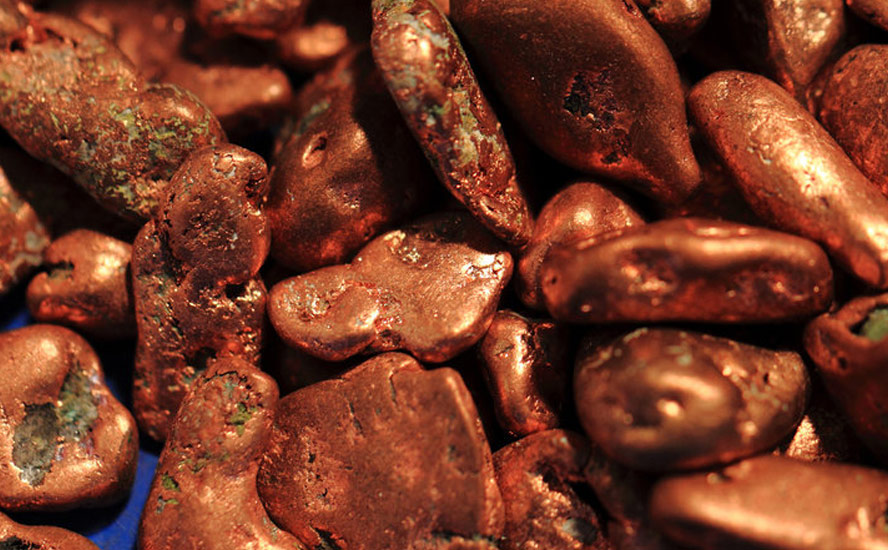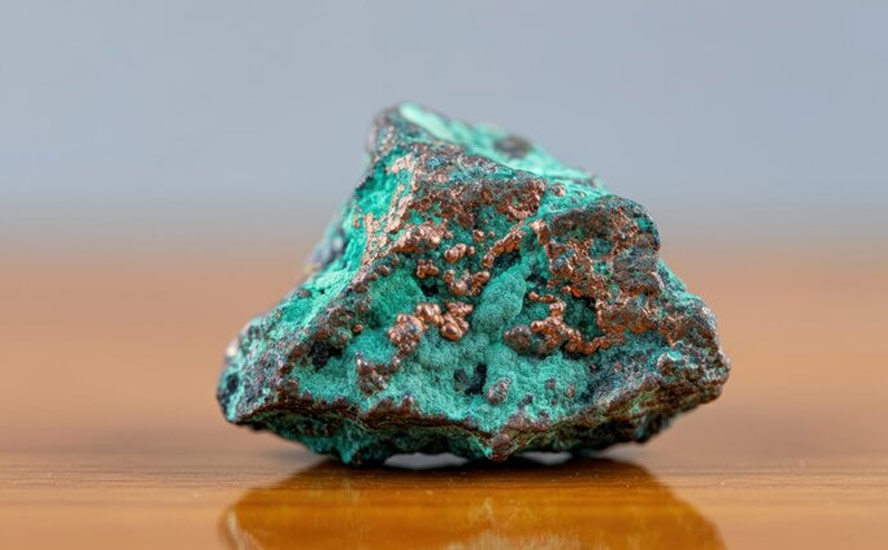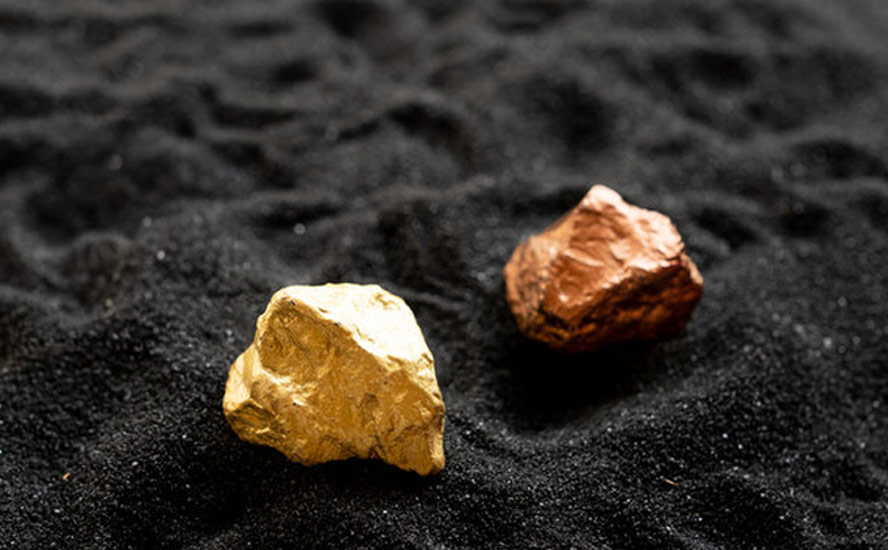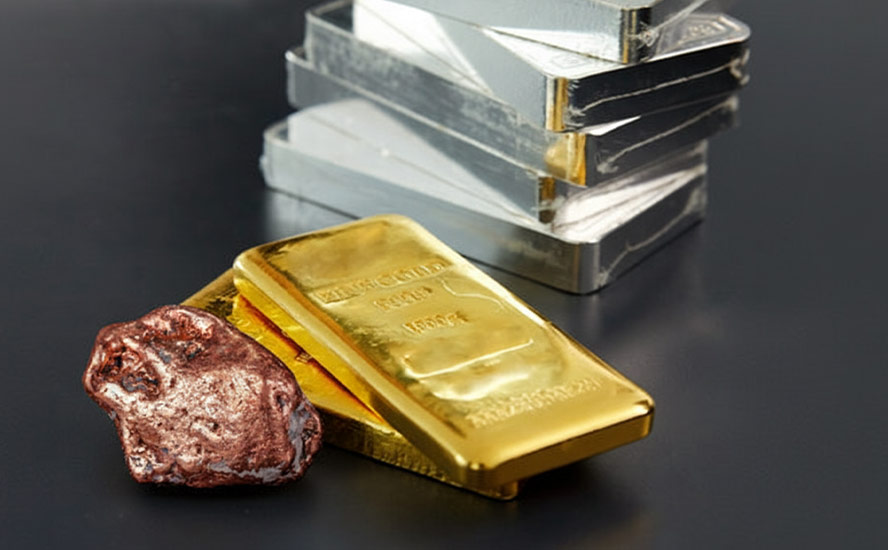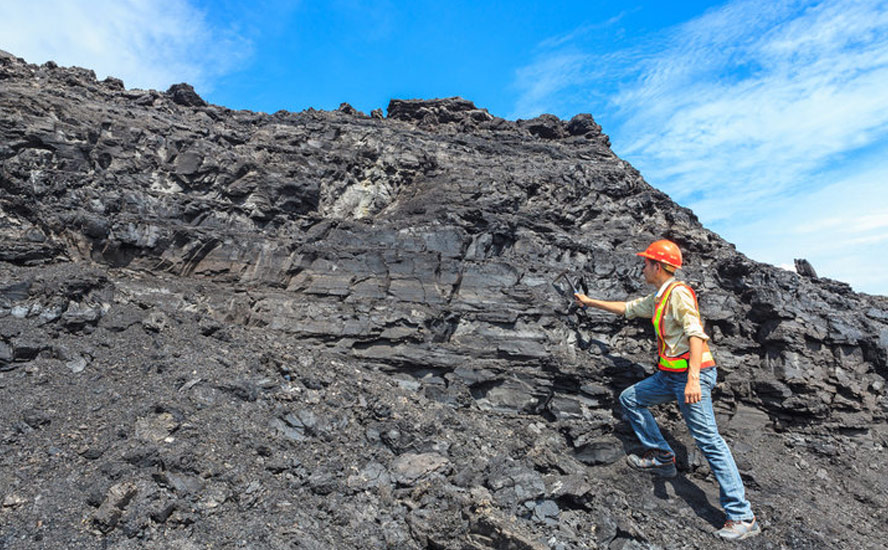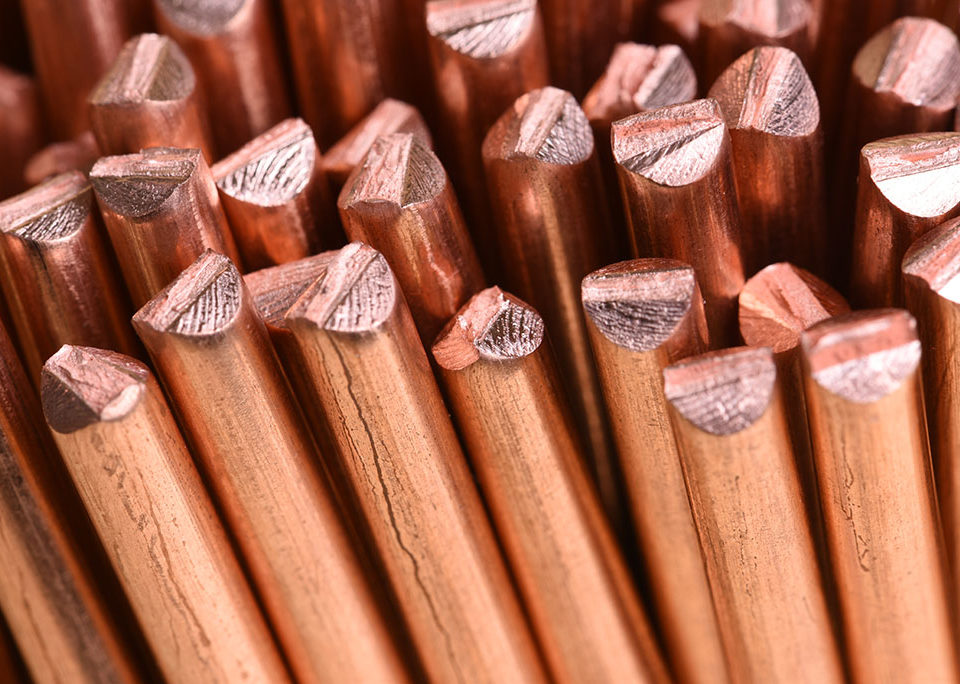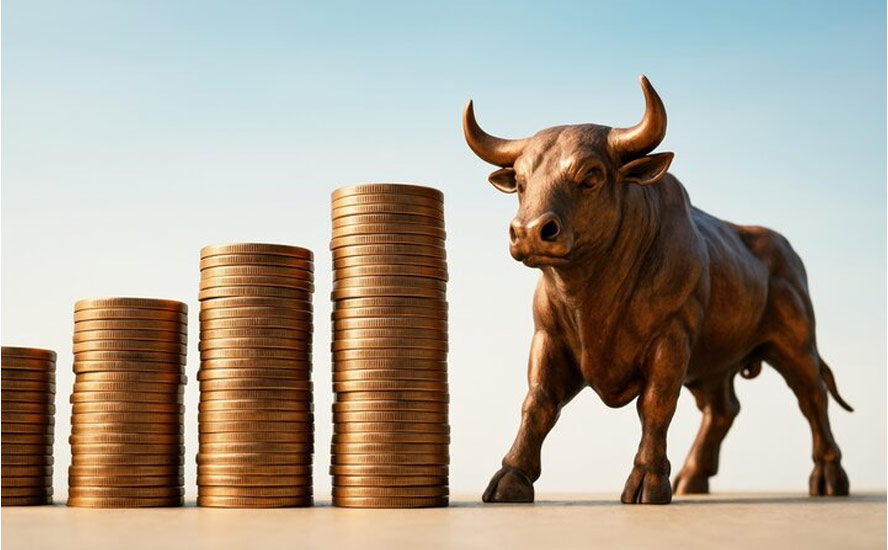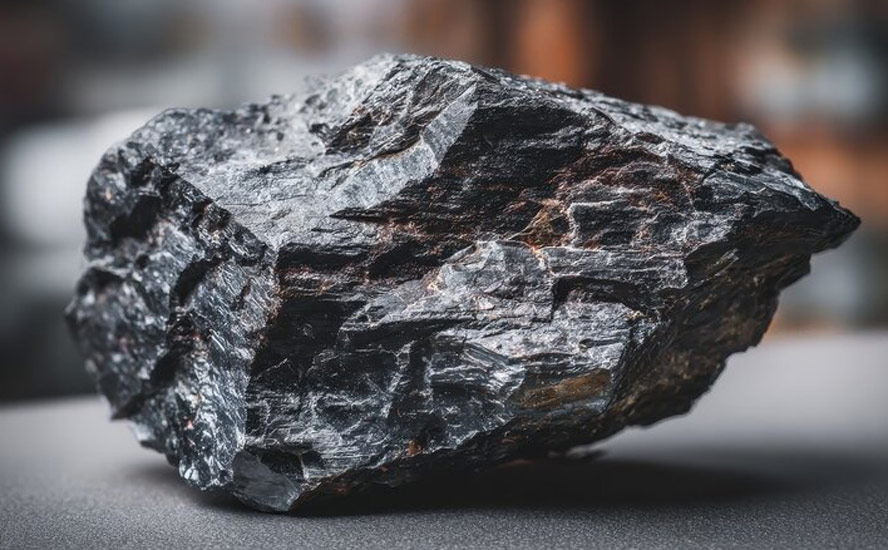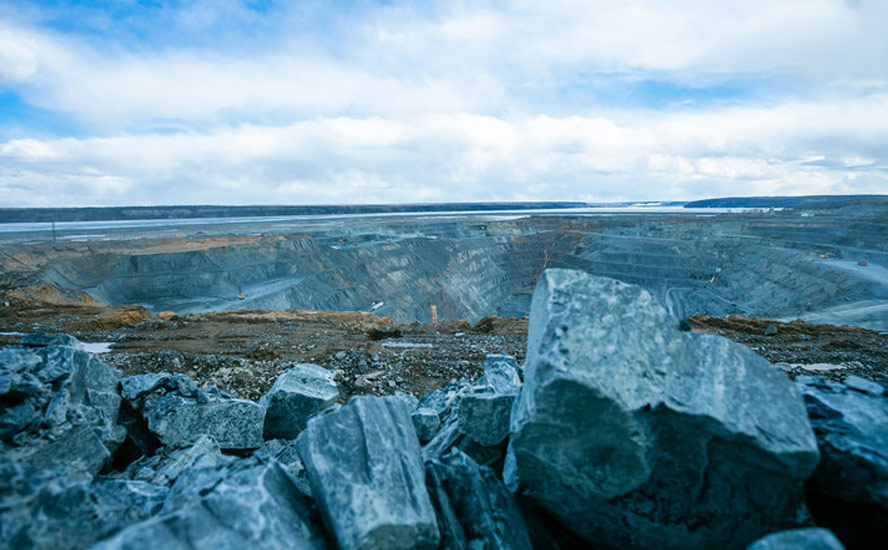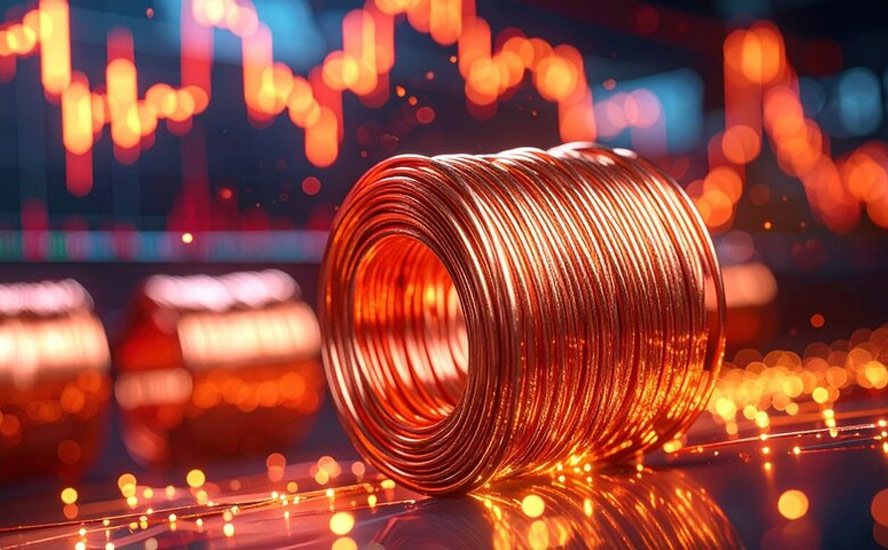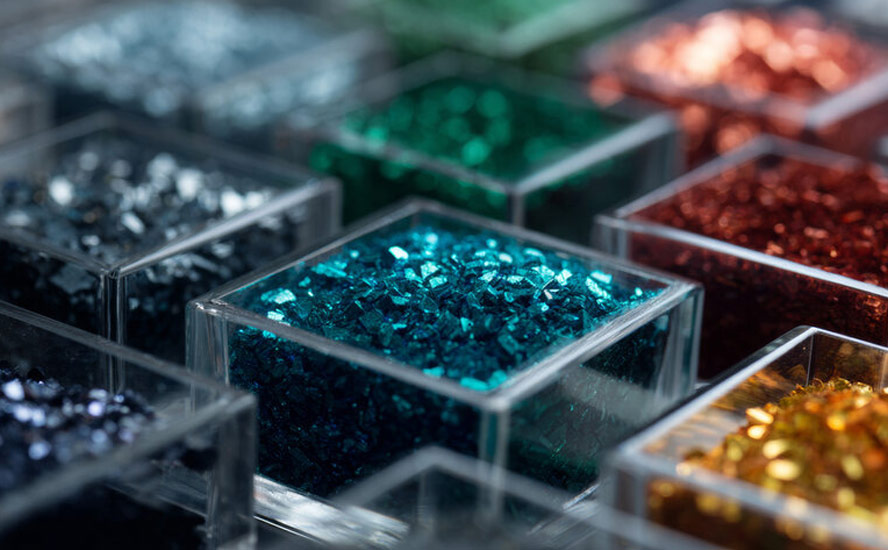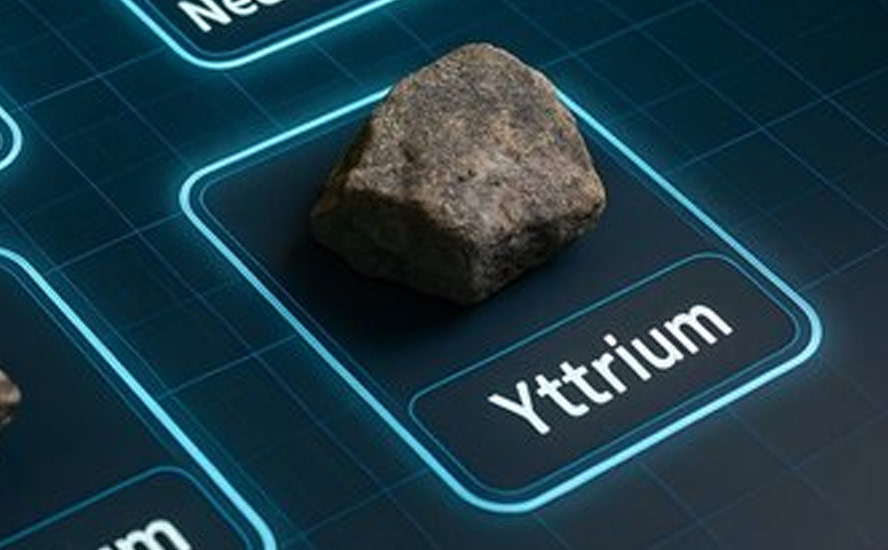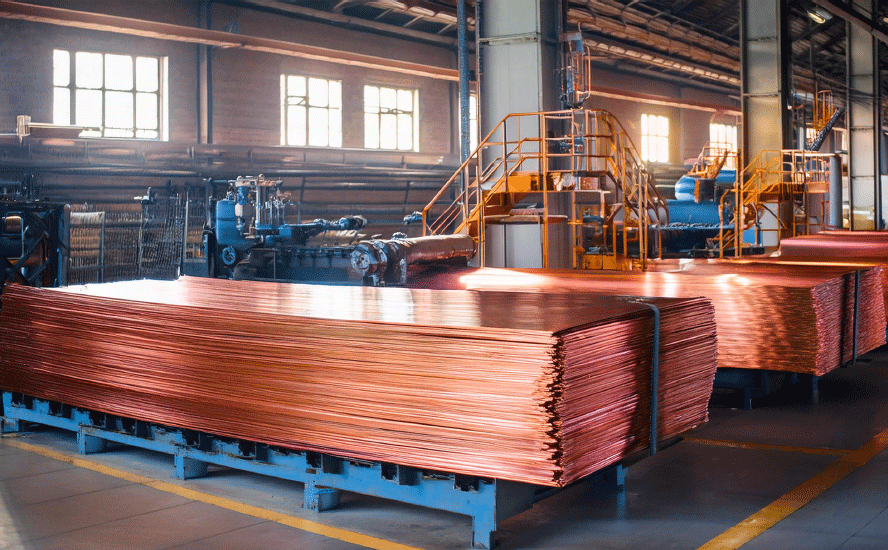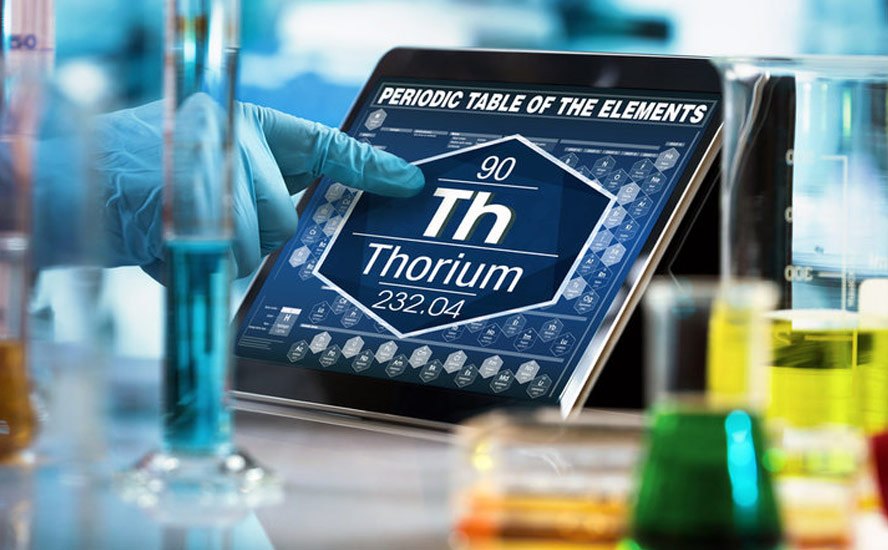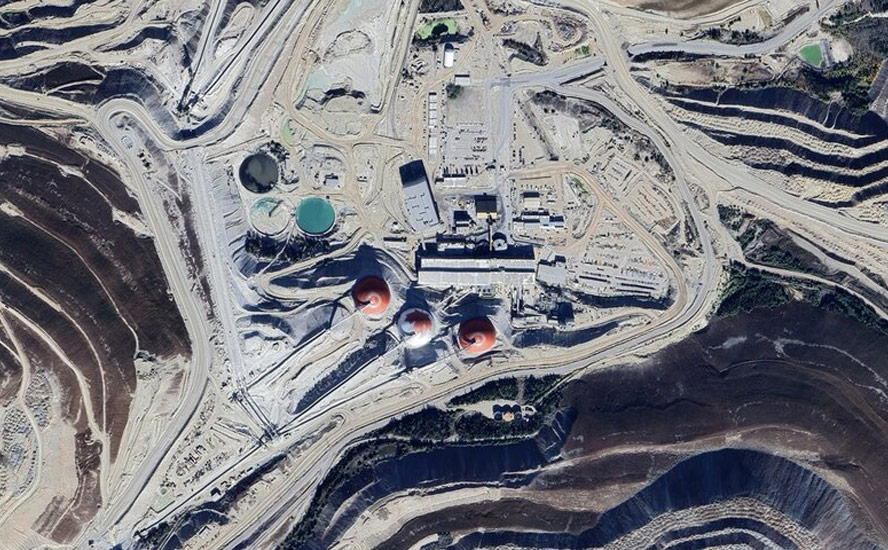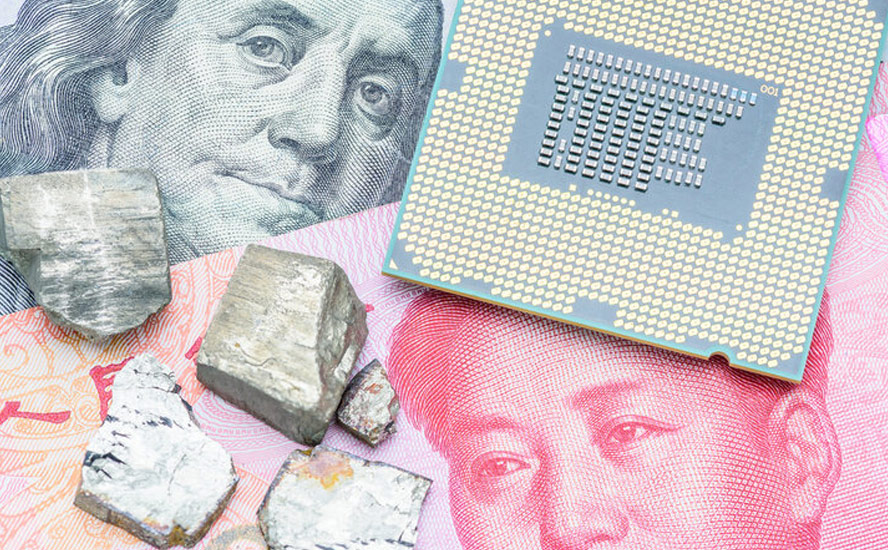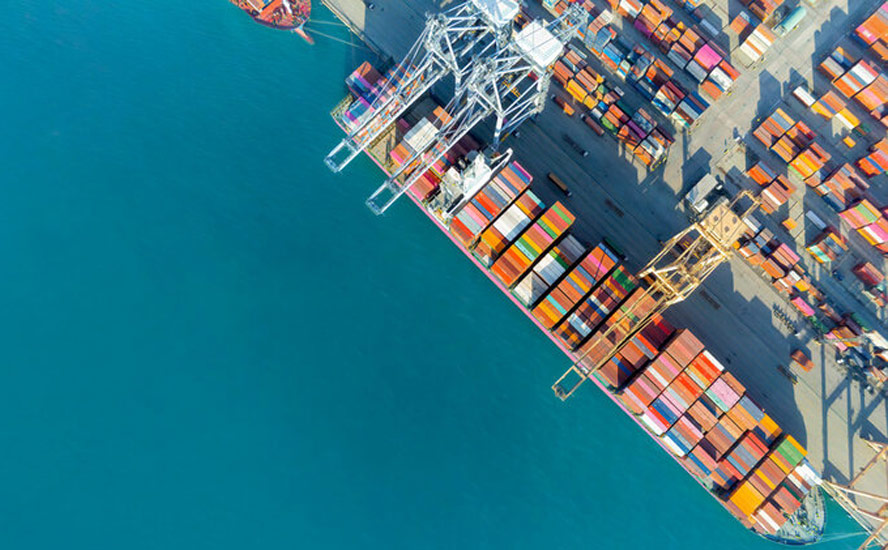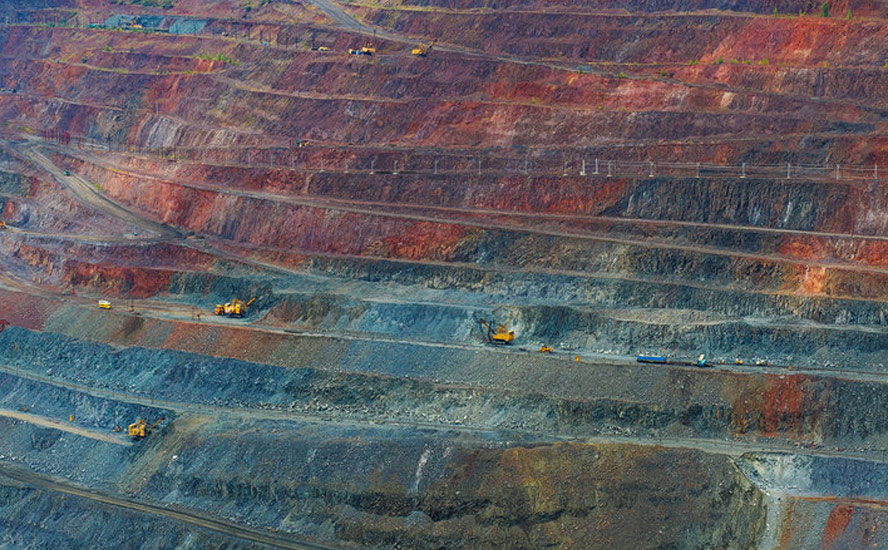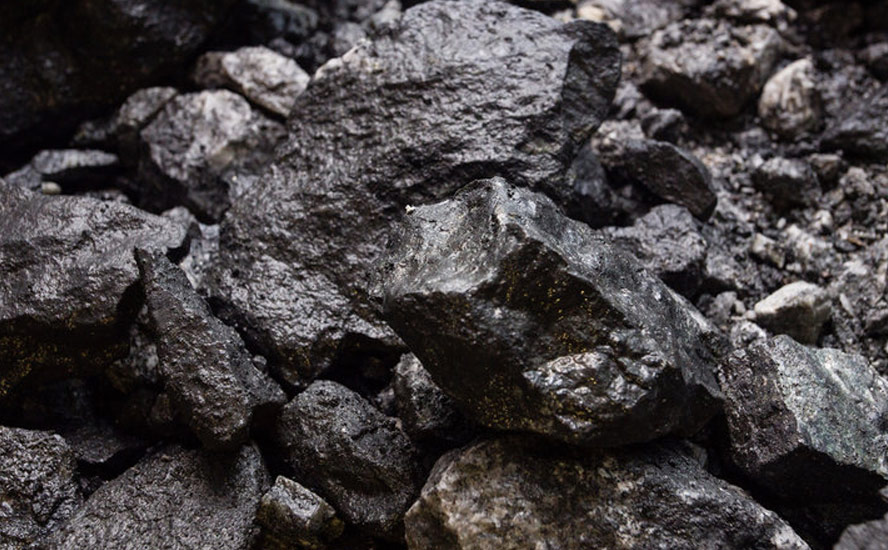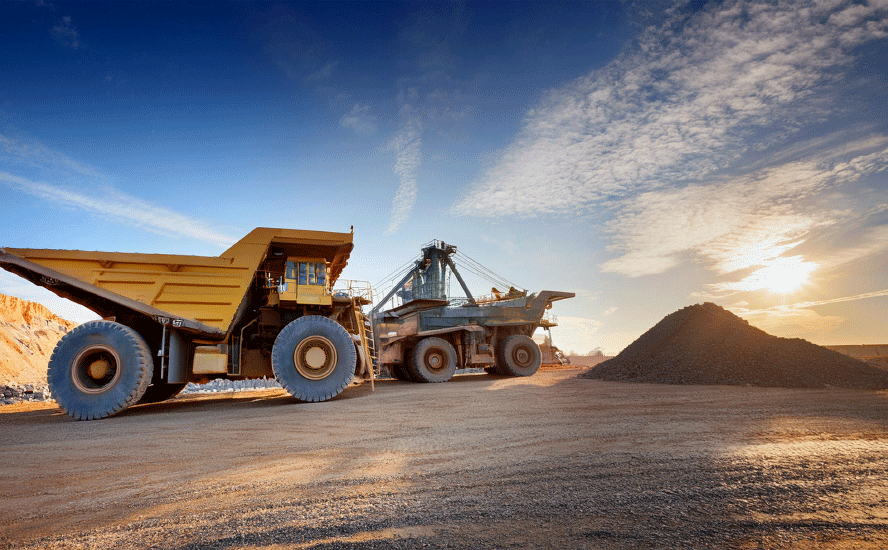Cobalt

The Democratic Republic of Congo (DRC) is finally doing something about cobalt mining, a sector whose reputation has been sullied by illegality, child labor, accusations of modern-day slavery, and lax safety standards.
Recently the Congo government created a new company, Enterprise Generale du Cobalt (EGC), that will have a monopoly on buying and marketing cobalt from “artisanal miners”, usually impoverished workers who dig for minerals, including cobalt and gold, without mechanized equipment.
But while the state-owned firm may provide an air of respectability to the African country, which has been shamed by human rights groups, and to Big Tech buyers of cobalt like Apple and Tesla accused of enabling “blood cobalt”, it will also put more pressure on the already strained supply of the critical metal.
Targeted
Allegations of human rights abuses including child labor have put the DRC in the wrong kind of international spotlight. BMW, Daimler (owner of Mercedes), Volkswagen and Apple are among big-name companies that source raw materials from the DRC, and facing pressure to make their supply chains transparent.
In fact a number of US tech companies have been accused of benefiting from cobalt extracted by child-miners in the DRC. In December Cnet reported that International Rights Advocates, a non-profit, filed a lawsuit in a Washington court on behalf of 14 plaintiffs – guardians of children either killed or seriously injured in tunnel or wall collapses. The defendants in the suit, writes Cnet, are Apple, Microsoft, Dell, Tesla and Alphabet, Google’s parent company.
It is probable the DRC government was pressured to clean up its cobalt supply chain by these companies, who need cobalt for its use in electronics. Elected officials will also want to avoid bans from the London Metal Exchange. The world’s biggest market for industrial metals plans to reject metal tainted by human rights abuses.
Cobalt in batteries
Until recently cobalt usage was dominated by metal alloys, due to the metal’s resistance to high temperatures, strong magnetism and wear/corrosion resistance. These characteristics make cobalt a perfect fit for aerospace superalloys, cutting tools, binders for cemented carbides, permanent magnets and semi-conductors.
Over the last 20 years however, the market for cobalt has shifted to chemicals, particularly compounds needed for rechargeable batteries, which represent 78% of chemical cobalt demand. Other cobalt chemicals are used in catalysts to refine petroleum, and to make plastics, steel-belted radial tires, dryers, pigments, food additives and agricultural products.
Cobalt is the common denominator between the two main types of electric vehicle batteries, nickel-cobalt-aluminum (NCA) and nickel-cobalt-manganese (NCM).
A lithium-ion battery for EVs has to be both strong and long-lasting, through many charging cycles. It’s mostly the nickel that gives the battery its strength, and the cobalt that gives it stability and resilience, to ensure an industry-standard 8-year lifespan.
Cobalt is actually the “safe” element in the battery cathode. Reducing the amount of cobalt shortens the life of the battery cell, and makes it vulnerable to over-heating. There’s a reason security agents at the airport ask you if you have any lithium-ion batteries in your checked baggage!
So, while Elon Musk claims Tesla can reduce the amount of cobalt in its Tesla 3 batteries to zero, to cut costs (cobalt is much more expensive that nickel or aluminum), the reality is that cobalt is an indispensable battery ingredient. There will always be some amount of cobalt in an EV battery.
The swing producer
Shifting power from the artisanal miners to a state-run monopoly fulfills a couple of goals for the DRC, which accounts for nearly two-thirds of world cobalt supply. Not only does it potentially remove the stain of illegality from the mining industry, and by proxy, the government, putting EGC in charge will also boost tax revenue (illegally mined cobalt goes under the radar) and will leverage Congo to exert more control over the cobalt price.
To understand the latter, we need to know how artisanal mining has played the role of “swing producer” in the global cobalt market, and how that is likely to change.
When cobalt prices are high – like during 2018’s EV-fueled price rally – there’s good money in cobalt mining, for an illegal miner, despite its reputation for being dangerous and potentially lethal due to tunnel or wall collapses. During cobalt price booms, artisanal miners flood to the mining pits in droves, up to 2,000 per day, all aiming to capitalize on high prices.
Artisanal production surged from around 6,000 tonnes in 2016 to over 19,000t in 2017 as cobalt rose from about $20,000 to $95,000 per tonne, according to research firm CRU.
It’s estimated the illegal sector represents 20% of DRC cobalt supply – enough to move the market. That 20% during boom times has the effect of lowering the price through oversupply, an example of “high prices are the cure for high prices”.
When cobalt prices are down, as they are currently due to overzealous production during the 2016-18 boom, the artisanals head to the gold fields where they can make a decent day’s pay, with gold north of $1,550/oz.

Cobalt price per tonne
But having the artisanals as swing producer isn’t good for the DRC government. Not only do they deprive the government of needed tax revenue, their production destabilizes the price – making it swing wildly from one extreme to the other. Having a new monopoly in charge of collecting artisanals’ output, and just one company, state-run Gecamines, mine cobalt and metals like copper and zinc, is expected to calm the volatility in cobalt prices, bolster demand from end users, and allow the government to maximize cobalt revenue.
At least that’s the theory; if EGC is able to control artisanal production, it will assume the mantle of swing producer.
Here’s how it would work in practice: EGC buys cobalt from cooperatives, which pool the cobalt mined by individual workers. EGC then squirrels away the cobalt in storage, meaning it is effectively taken off the market. Good for the price, right?
And much better for supply chain transparency. Currently, production from artisanal miners is bought by (mostly Chinese) middlemen who sell it to processors in China – which imports 98% of its cobalt from the DRC and produces around half of the world’s refined cobalt.
Artisanal product becomes mixed with official-sector product, causing traceability problems for end-users desperate to avoid being tainted by allegations of using a metal generated by child or “slave” labour.
The EGC will use its purchasing power to extend official oversight on working conditions in the artisanal sector, using non-government organizations to select cooperatives based on their compliance with responsible sourcing criteria.
Those that don’t qualify will be “sanctioned,” according to [Albert Yuma, chairman of state mining company Gecamines, which will oversee the EGC].That may be a euphemism for being closed.
One of the losers in this new arrangement is China. No longer will Chinese traders have power over DRC’s hard-scrabble rock diggers. Presumably these individuals will be forced out, replaced by cooperatives that meet the criteria for ethical cobalt mining, meaning that only cobalt produced by Chinese companies, or DRC mines with Chinese ownership, would be shipped to China for processing.
China controls about 85% of global cobalt supply, including an offtake agreement with Glencore, the largest producer of the mineral, to sell cobalt hydroxide to Chinese chemicals firm GEM. China Molybdenum is the largest shareholder in the major DRC copper-cobalt mine Tenke Fungurume, which supplies cobalt to the Kokkola refinery in Finland.
Locking up supply
The current cobalt price of around $35,000 a tonne shows the continuing supply overhang but it doesn’t reflect the other trend that is happening right now in the cobalt market – offtake agreements.
This week global miner and commodities trader Glencore announced a five-year supply agreement with Korean battery maker Samsung SDI. Under the deal, Switzerland-based Glencore will ship up to 21,000 tonnes of cobalt – which accounts for 45% of its 2019 production of 46,300 tonnes.
The cobalt will be mined from the company’s Katanga mine in the DRC.
The Glencore-Samsung offtake agreement follows four cobalt offtakes signed last year by Glencore – with BMW from its Murrin mine in Australia, Korea’s SK Innovation for 30,000 tonnes, Belgian chemicals firm Unicore, and battery recycler GEM, from China.
Tesla is also reportedly talking to Glencore about buying cobalt for its gigafactory in Shanghai.
Taking stock of all these offtake agreements, reveals a startling fact: the cobalt market is now pretty much locked up, between Glencore and China.
According to Benchmark Intelligence, an industry supply and price tracker, not including a potential deal with Tesla, more than 80% of Glencore’s DRC cobalt hydroxide production is now cemented in long-term agreements.
So, if 80% of cobalt produced by Glencore – the largest cobalt mining company in the world – is spoken for, and most of Glencore’s cobalt come from the DRC, which has two-thirds of global production, that doesn’t leave a lot for newcomers.
Remember China is heavily invested in the DRC and buys nearly 100% of its cobalt from there. China Molybdenum is the world’s second largest cobalt producer and it owns the majority of the Tenke Fungurume mine in the DRC. China has a lock on the world’s refined cobalt – which includes the 20% of DRC production that is handled by Chinese middlemen who buy the cobalt and sell it to Chinese refiners.
That 20% will henceforth be collected by the new monopoly, EGC, so it is considered accounted for – unavailable to the market. It will either be stockpiled or sold to China, which refines the cobalt in-country and sells it mostly to battery component manufacturers in China or South Korea.
Do you see where this is going? If you’re an EV manufacturer in the United States or Canada, without a cobalt source for your batteries, where are you going to go? Even if you do find a supplier, cobalt will almost certainly be more expensive. A DRC monopoly that wants to see higher prices has just replaced artisanal miners as the swing producer. The days of cobalt price turbulence may be over. With demand for EVs continuing to grow exponentially each year (plus all the cobalt needed for smart phones, other electronics, and metal alloys) and the small, already tight cobalt market getting tighter, we believe prices have nowhere to go but up.
Richard (Rick) Mills
subscribe to my free newsletter
aheadoftheherd.com
Ahead of the Herd Twitter
Legal Notice / Disclaimer
Ahead of the Herd newsletter, aheadoftheherd.com, hereafter known as AOTH.
Please read the entire Disclaimer carefully before you use this website or read the newsletter. If you do not agree to all the AOTH/Richard Mills Disclaimer, do not access/read this website/newsletter/article, or any of its pages. By reading/using this AOTH/Richard Mills website/newsletter/article, and whether or not you actually read this Disclaimer, you are deemed to have accepted it.
Any AOTH/Richard Mills document is not, and should not be, construed as an offer to sell or the solicitation of an offer to purchase or subscribe for any investment.
AOTH/Richard Mills has based this document on information obtained from sources he believes to be reliable but which has not been independently verified. AOTH/Richard Mills makes no guarantee, representation or warranty and accepts no responsibility or liability as to its accuracy or completeness. Expressions of opinion are those of AOTH/Richard Mills only and are subject to change without notice. AOTH/Richard Mills assumes no warranty, liability or guarantee for the current relevance, correctness or completeness of any information provided within this Report and will not be held liable for the consequence of reliance upon any opinion or statement contained herein or any omission. Furthermore, AOTH/Richard Mills assumes no liability for any direct or indirect loss or damage or, in particular, for lost profit, which you may incur as a result of the use and existence of the information provided within this AOTH/Richard Mills Report.
AOTH/Richard Mills is not a registered broker/financial advisor and does not hold any licenses. These are solely personal thoughts and opinions about finance and/or investments – no information posted on this site is to be considered investment advice or a recommendation to do anything involving finance or money aside from performing your own due diligence and consulting with your personal registered broker/financial advisor. You agree that by reading AOTH/Richard Mills articles, you are acting at your OWN RISK. In no event should AOTH/Richard Mills liable for any direct or indirect trading losses caused by any information contained in AOTH/Richard Mills articles. Information in AOTH/Richard Mills articles is not an offer to sell or a solicitation of an offer to buy any security. AOTH/Richard Mills is not suggesting the transacting of any financial instruments but does suggest consulting your own registered broker/financial advisor with regards to any such transactions
Legal Notice / Disclaimer
Ahead of the Herd newsletter, aheadoftheherd.com, hereafter known as AOTH.Please read the entire Disclaimer carefully before you use this website or read the newsletter. If you do not agree to all the AOTH/Richard Mills Disclaimer, do not access/read this website/newsletter/article, or any of its pages. By reading/using this AOTH/Richard Mills website/newsletter/article, and whether you actually read this Disclaimer, you are deemed to have accepted it.
